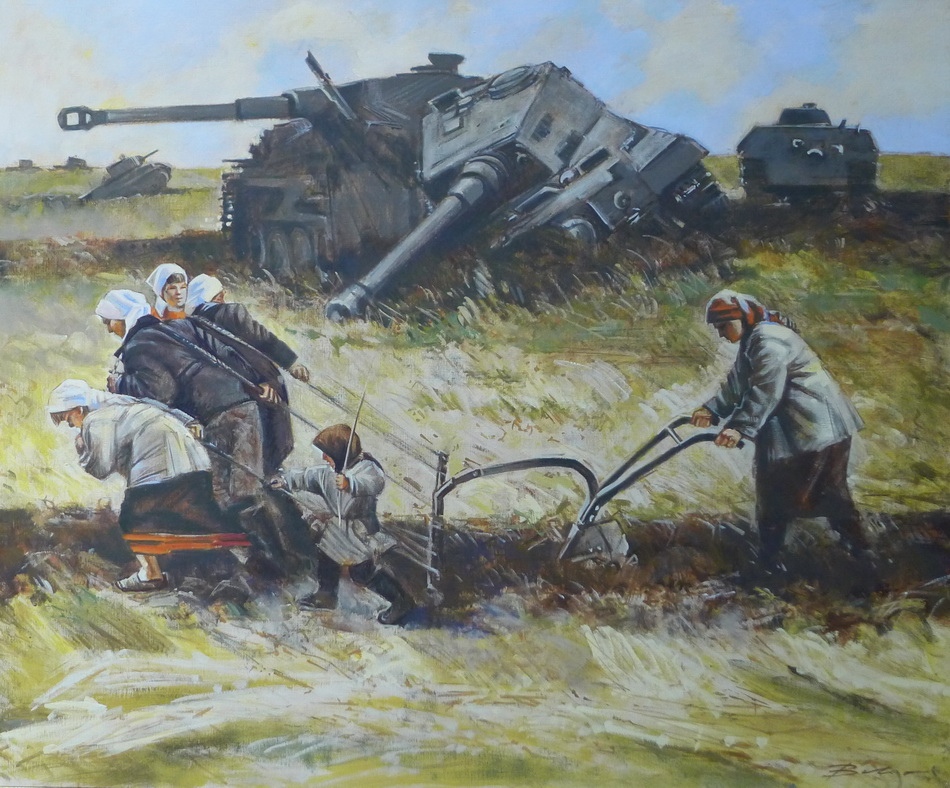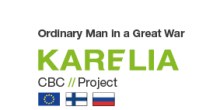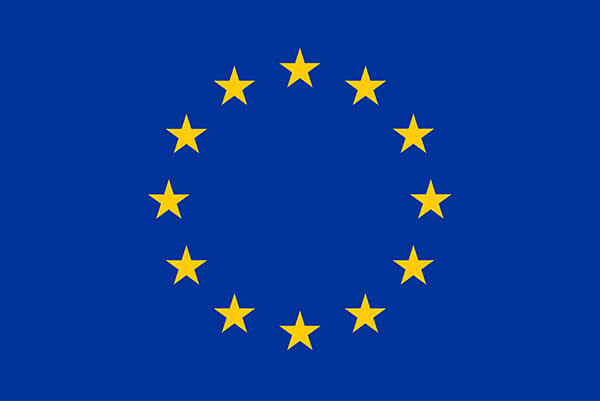The launch of the publications cycle devoted to the war childhood memories

Here we would like to present a series of publications based on the Kostomuksha urban district locals memories on their childhood in military times. The materials for the publications were collected by volunteers from Voknavolok village and Kostomuksha town within the CBC «Karelia» project – «Ordinary Man in a Great War».
You will read the stories of ordinary people from Karelia. You will learn about the feelings and experiences of people who were destined to be unwitting participants of the tragic events. Let`s plunge into the memories and once again talk about soldiers, partisans, mothers, children and elderly people who endured this burden. Their stories are about how painful and scary it was, their stories are about the cold embraces of war. They should teach us to maintain peace on the planet.
The first story
Lesonen Galina Vasilyevna:
«Our family was not in the evacuation, we were living in Voknavolok in the area of Kyyrölä. At the age of 17, my father was a partisan, he knew the village well. He was a member of the ski battalion and reconnaissance man. His father was in Finland during the war, and his mother was in Kepa. She was guarding warehouses, that`s there she was killed. When my grandfather returned from Finland to the village, he was blown by the Finnish mine in the native area of Kyyrölä and died. We have never known where he was buried; nobody has shown us the place. Father went back to the Voknavolok village in December 1946. We continued to live in Kyyrölä. During the Finnish occupation, there was a camp in the area. Even now you can see reels of barbed wires there. My father told me very little about the war and he did not like to remember the war. I know that his friend and neighbour Vasiliy Kirillov was hidden in a stove and basement from the Finnish people. That was the Myakelya Agafya, who helped him to survive. After the war, he was convicted by the Soviet government, later he was rehabilitated posthumously. That's all.»
The second story
Aili Rettieva shared her story in the comments to the previous story publication:
Our family could not be evacuated from the village of Ladvozero at all. We, I mean the parents ( I was born 1. 10. 1941), 18 people total [went] along the river in the direction of Sudnozero. But the Finns met on the way to some island and forced us to go back. During the war, we were living in Ladvozero village. There are still some rubbles of the house, where I was born. At the end of the war we were offered to move to Finland, however, my father was absolutely against it. They said that in a few days they will take the Moscow and you are dead. And my father answered that you can forget about seeing it. One of them was about to shoot my father, but we, children, surrounded him from the all sides. Apparently, he felt sorry for us, and my father`s life was saved. We were 9 children. After all, it turns out that the Finns were not the Germans. It was very scary to live like this all through the war.
*Picture was taken from the Society of Karelian culture VIENA





